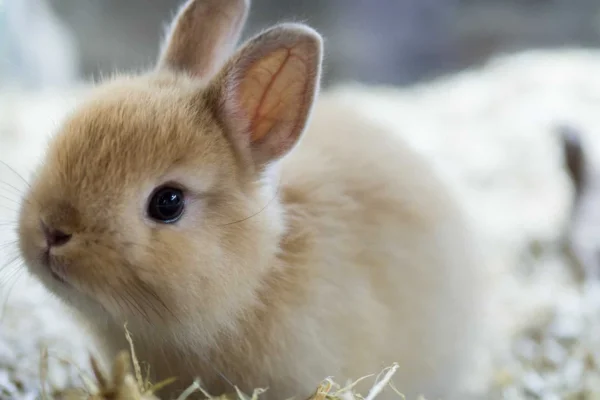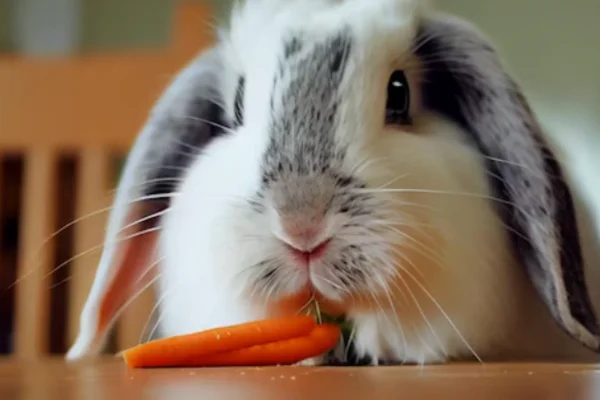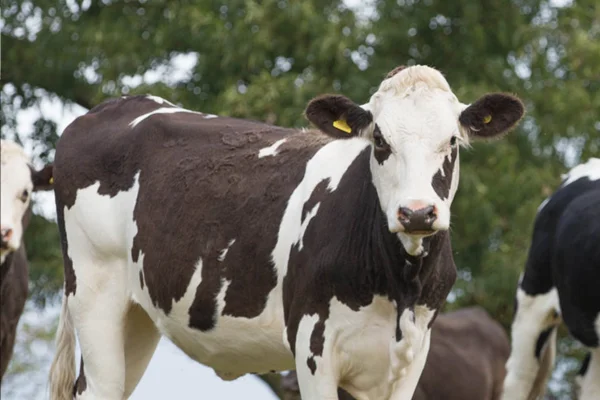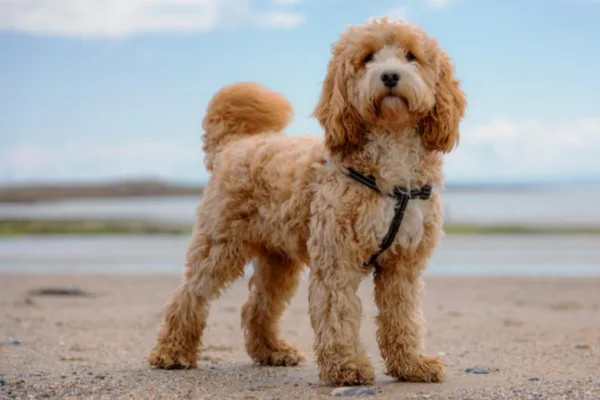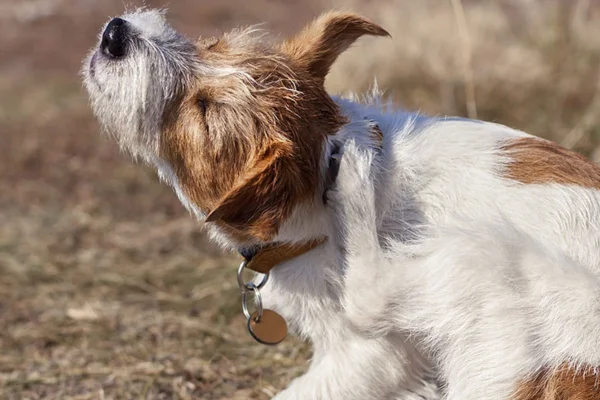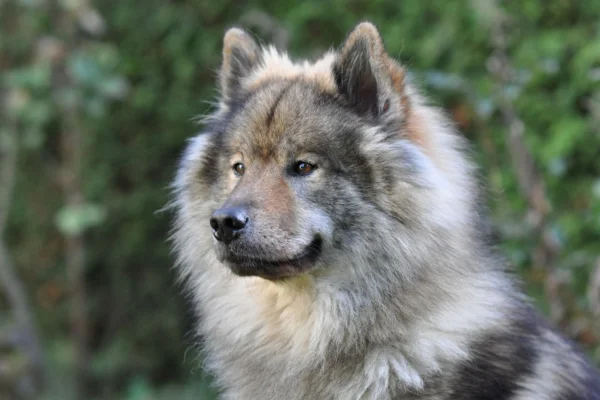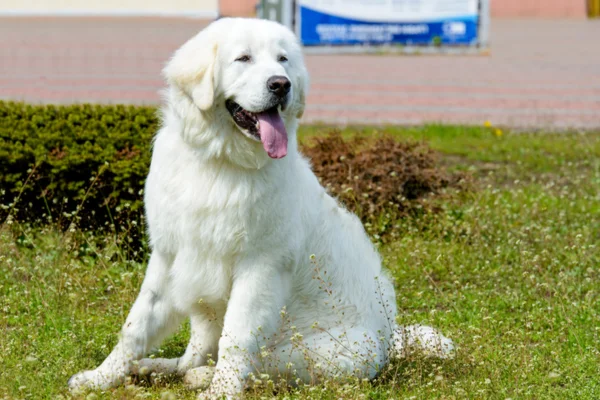Discover the Charm of the Dwarf Rabbits: A Journey into the World of the Little Fellows
Dwarf rabbits, also known as toy rabbits, are a real phenomenon in the pet world. With their small size and adorable appearance, they win hearts and transform any environment into a home full of joy. In this article, we'll explore everything you need to know about these little fellows, from their fascinating characteristics to the care required to ensure a happy and healthy life for them.
What are Dwarf Rabbits?
Dwarf rabbits are a smaller variety of rabbit species, characterized by their compact size and charming personality. Unlike common rabbits, which can reach considerable sizes, dwarf rabbits remain small and compact, making them ideal for those living in apartments or small spaces.
There are several breeds of dwarf rabbit, each with its own peculiarities and unique charm. Among the best known are the Dutch Dwarf Rabbit, the Mini Rex Dwarf Rabbit and the English Dwarf Rabbit. Each of these breeds has distinct characteristics that make them special.
Contents
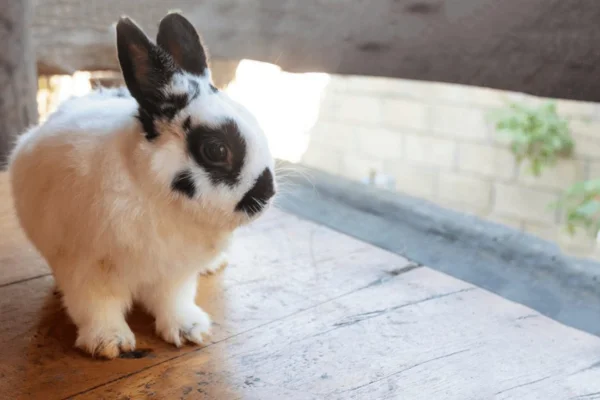
Characteristics of Dwarf Rabbits
Size and Appearance
As the name suggests, the main characteristic of dwarf rabbits is their diminutive size. Most of these rabbits weigh between 1 and 2 kg, which is considerably less than the larger varieties. Their small stature does not compromise their robustness; on the contrary, they are incredibly agile and active.
In addition to their size, dwarf rabbits have a variety of coats and colors, ranging from solid tones to varied patterns. They have short, erect ears (or semi-erect in some breeds), and their bright, expressive eyes are one of their most endearing features.
Personality and Behavior
Dwarf rabbits are known for their docile and friendly personality. They are generally very sociable and enjoy interacting with their owners. Their curious and playful nature makes them excellent companions for children and adults. In addition, they are intelligent animals that can be trained to perform simple tricks and even use a litter box.
Although they are friendly, dwarf rabbits also have an independent side and can feel overwhelmed if they are handled too much. It's important to respect the space and boundaries of these small animals to ensure a harmonious relationship.
Essential Care for Dwarf Rabbits
Habitat and Environment
Creating a safe and comfortable environment is essential for the health and well-being of dwarf rabbits. They need ample space to move around and explore. A suitable cage or enclosure should have enough space for them to fully stretch out and move around freely. However, it is essential to remember that rabbits also need time out of the cage for socialization and exercise.
The cage should be lined with absorbent material, such as straw or recycled paper, to ensure that they stay dry and comfortable. It is also important to provide hiding places and toys so that they can entertain themselves and feel safe.
Food
The diet of dwarf rabbits should be balanced and composed mainly of hay, which is essential for their digestive and dental health. They also need a moderate amount of rabbit food and a variety of fresh vegetables. Avoid offering food that can cause digestive problems, such as very sweet fruit or starchy foods.
It is crucial to provide fresh, clean water at all times, as adequate hydration is vital for the rabbits' health.
Health and hygiene
The health of dwarf rabbits should be monitored regularly. They are susceptible to health problems such as dental infections, digestive problems and respiratory diseases. Periodic veterinary consultations are recommended to ensure that they are in good condition.
Hygiene is another important area; rabbits should be brushed regularly to prevent excess hair from forming and to keep their coats healthy. In addition, it is essential to clean the cage frequently to avoid the accumulation of dirt and odors.
Training and Socialization
Training and socializing a dwarf rabbit from an early age is crucial to ensure proper behaviour and a good adaptation to the home environment. Dwarf rabbits can be taught to use a litter box and perform simple tricks, such as jumping through hoops or following basic commands.
Socialization should be done gradually and positively. Exposing rabbits to different stimuli and interactions from a young age helps them develop a balanced personality and a friendly attitude towards new experiences and people.
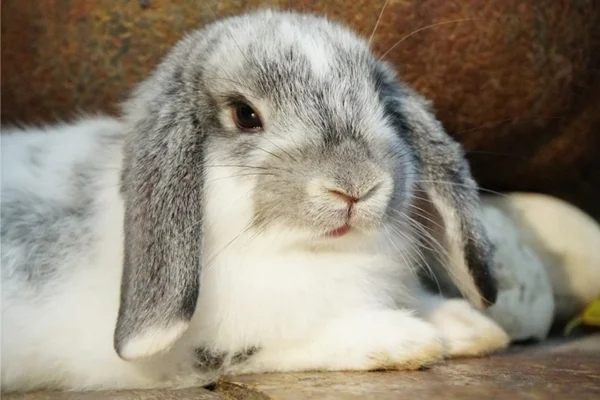
Challenges and considerations
Although dwarf rabbits are wonderful animals, they require a serious commitment of time and care. Owners must be prepared to invest time in their feeding, health care and socialization. In addition, it is important to be aware that rabbits can live between 7 and 10 years, which means they are a long-term commitment.
Another point to consider is that dwarf rabbits can be sensitive to changes in their environment and may need time to adapt to new situations. Being patient and providing a stable and safe environment will help ensure that they feel comfortable and happy.
Conclusion
Dwarf rabbits are an excellent choice for those looking for a small, charming and easy-to-manage pet. With their compact size and endearing personality, they are ideal for living in smaller spaces and are great companions for all ages. However, like any other pet, they require specific care and attention to ensure a healthy and happy life.
By providing a suitable environment, a balanced diet and regular care, you'll be ensuring that your dwarf rabbit lives a full and happy life. With a little effort and dedication, you'll discover that the presence of these little beings is a constant source of happiness and love.
Thanks for stopping by, check out our other work too

